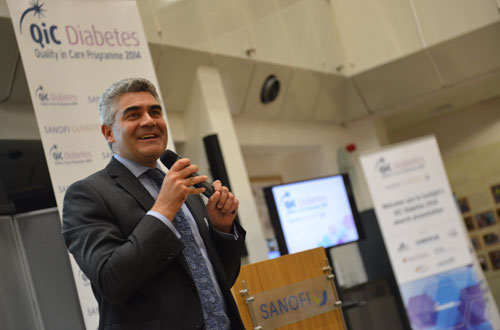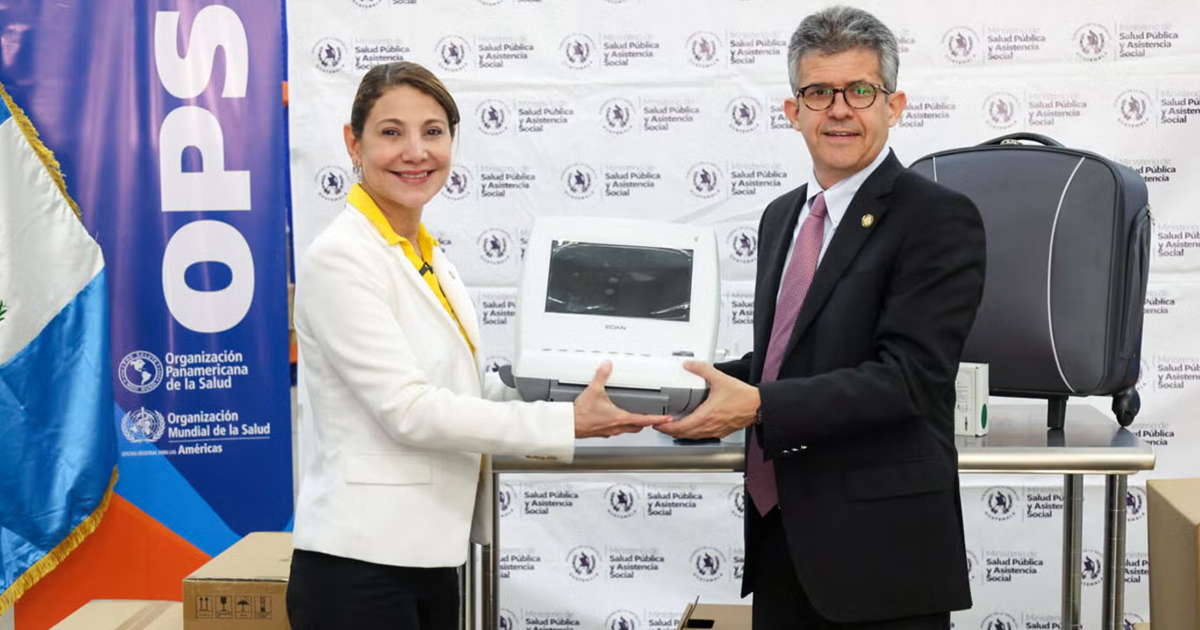La investigación se basó en una encuesta sobre el uso de telemedicina en la consulta especializada en diabetes.
La Sociedad Argentina de diabetes publicó el informe de investigación Telemedicine en tiempos de COVID-19, que tuvo como objetivo “describir características en la práctica de la TM de la comunidad de médicos dedicados a la atención de personas con diabetes”. Para llevar a cabo el estudio se realizó una encuesta acerca del uso de telemedicine en consultas diabetológicas, para posteriormente realizar una comparación entre las consultas realizadas antes del aislamiento social obligatorio y preventivo que aplicó el gobierno argentino durante los días de cuarentena desde el 12 de marzo.

Las encuestas fueron aplicadas a 353 profesionales de la salud, y fue distribuida a través de correo electrónico. Sin embargo, solo el 58% de los médicos logró completar la encuesta en su totalidad. Se realizaron preguntas como los medios utilizados para una consulta de telemedicine, como WhatsApp, Zoom, Skype, entre otros o preguntas sobre consentimiento informado.
Los resultados arrojaron que el 92,8% de los especialistas se mantiene en contacto con sus pacientes sin importar la edad. Otro de los resultados importantes que mostró el estudio es la preferencia de los profesionales que laboran en el sector privado sobre los medios tecnológicos, 92,4% contra 78% de los profesionales del sector público.
Sin embargo, quizá el hallazgo más importante fue la problemática que los profesionales tienen con el consentimiento informado, ya que solo el 34% considero que la teleconsulta requiere consentimiento informado. Entre las conclusiones los autores apuntaron que “en la población estudiada, la práctica de telemedicine se desarrolla: con frecuencia creciente, con el riesgo de la falta de consentimiento informado en la mayoría de las comunicaciones, sin la retribución económica correspondiente, sin planificación adecuada, sin estándares de calidad”.
SOCIEDAD ARGENTINA DE DIABETES
https://mail.revistasad.com/index.php/diabetes/article/view/399







